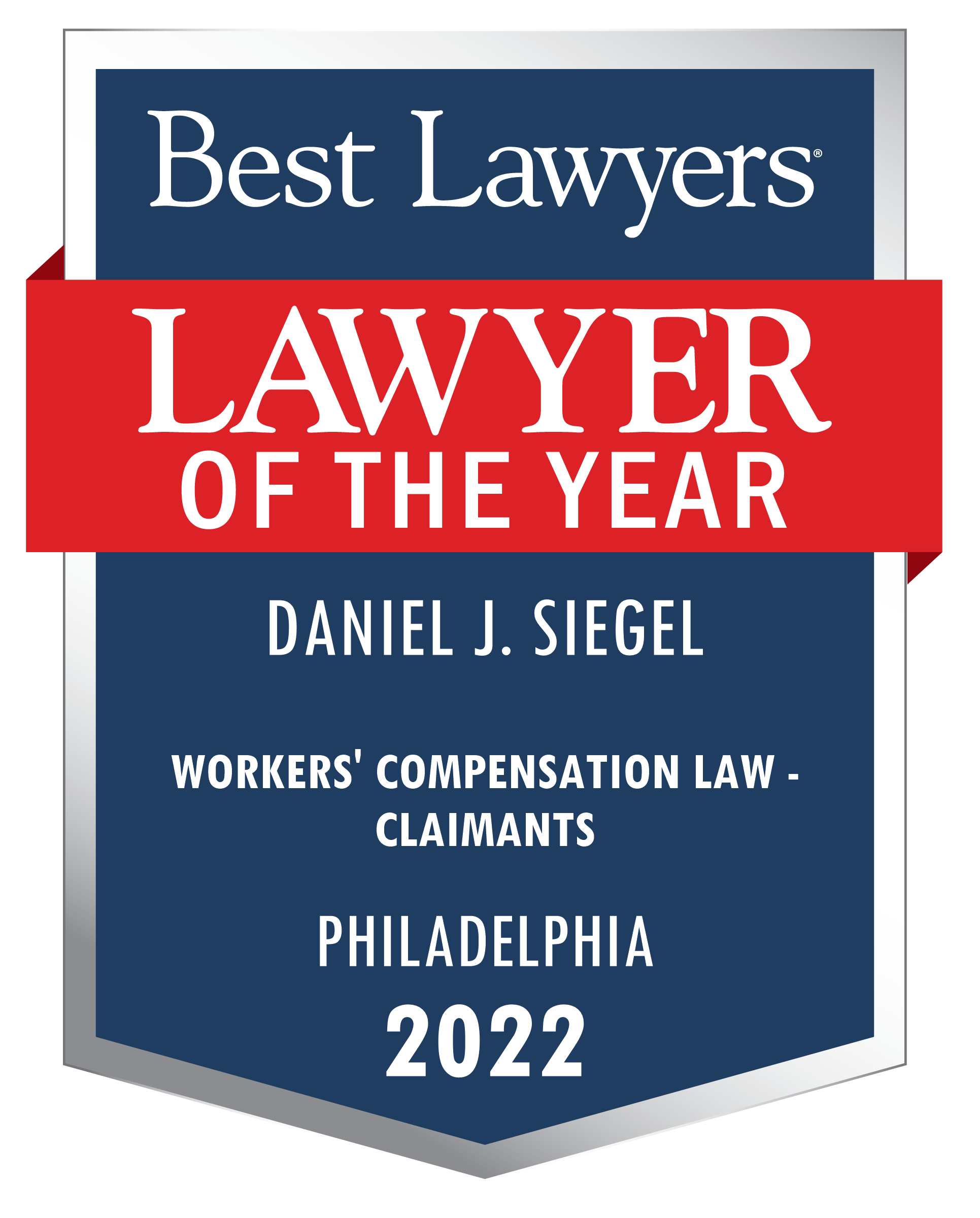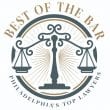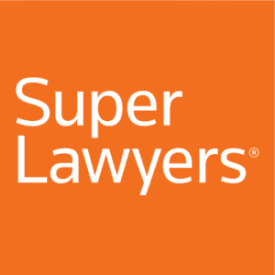- Call Today 610-446-3457
- dan@danieljsiegel.com
- Home
- Our Firm
- Services for Individuals & Families
- Personal Injury
- Workers’ Compensation
- Social Security Disability & Supplemental Security Income Benefits
- Am I Disabled for Social Security Disability or Supplemental Security Income?
- What’s the Difference Between SSDI & SSI?
- What is the Effective Date for an SSI Application?
- When Do Social Security Disability (SSDI) Benefits Begin?
- What Happens When a Social Security Disability Beneficiary Reaches Full Retirement Age?
- Conditions that Qualify for SSDI & SSI
- Social Security Compassionate Allowances – Benefits for The Most Seriously Injured
- If working, can I get SSD benefits?
- How to apply for SSD & SSI benefits?
- Should I request Reconsideration and/or a Hearing?
- How long does the SSD application process take?
- Should I hire a lawyer for my SSD or SSI claim?
- If receiving SSD, can I can go back to work?
- Are family members eligible for benefits if you receive SSD?
- Estate Planning
- Our “Pay Once, Revise for Life Estate Planning Program”
- A Checklist for Planning, Preparing & Updating Your Estate Plan
- What Is a Will & Why Do I Need One?
- What Is a Power of Attorney & Why Do I Need One?
- What Is a Living Will & Why Do I Need One?
- What Is a Healthcare Power of Attorney & Why Do I Need One?
- Estate Planning For LGBTQIA+ Families, Single Parent Households, Other Couples & Individuals
- Estate Administration
- PA Workers Comp Law Info Center
- FREE Guide for Injured Workers
- What Is Pennsylvania Workers’ Compensation?
- The Pa. Workers’ Compensation Law Book
- You Can Settle Your Workers’ Compensation Claim
- Ask Dan Siegel a Workers’ Comp Question
- Do I Need a Lawyer?
- The Myth of the 90-Day Rule – Do I Have to Treat with the Company Doctor?
- No Matter Where You Live, If You Were Hurt in Pennsylvania, You Are Entitled to Workers’ Comp Benefits
- How Are Wage Loss Benefits Paid Under the Pa. Workers’ Comp Act?
- How Are Wage Loss Benefits Calculated Under the Pa. Workers’ Comp Act?
- How Long Can I Receive Workers’ Comp Benefits?
- How Are Medical Benefits Paid Under the Pa. Workers’ Comp Act?
- Can I Sue My Employer?
- What Not to Do If You Get Hurt
- About Impairment Rating Evaluations (IREs) in Pennsylvania
- What Do I Do If I Get Hurt at Work?
- What If My Employer Tries to Stop My Workers’ Compensation Benefits – By Filing A Petition Or Just Cutting Off My Checks?
- Doctors Are Entitled to Get Paid Too – We Know How to Do It
- When Will I Receive My Benefits?
- What Do You Do If You Have Been Denied Pennsylvania Workers’ Compensation Benefits?
- What Types of Injuries Are Covered Under the Pennsylvania Workers’ Compensation Act?
- Am I Eligible for Workers’ Compensation If My Injury Made My Pre-Existing Condition Symptomatic or Made it Worse?
- Does Pa. Workers’ Compensation Protect My Job or My Benefits?
- Who Can I Sue For My Injuries?
- Who is Entitled to Receive Workers’ Compensation Benefits?
- Fraud – Employers & Insurance Companies Commit Fraud Too!
- Pa. & Philadelphia Workers’ Comp Attorney Daniel J. Siegel
- The Pennsylvania Workers’ Compensation Act
- Services for Attorneys
- Ethical & Professional Guidance For Lawyers & Law Firms
- Pennsylvania Disciplinary Board Representation
- IOLTA/Trust Account Guidance
- General Counsel & On-Call Ethical Services
- Techno-Ethical & Cybersecurity Guidance
- Legal Writing & Appellate Services For Lawyers
- Lawyers Leaving Law Firms
- Law Firm Breakups, Closings, and Sales of Practices
- Succession Planning for Attorneys
- Pa. Board of Law Examiners & Attorney Admissions Matters
- Our News
- Our Publications
- Contact Us







